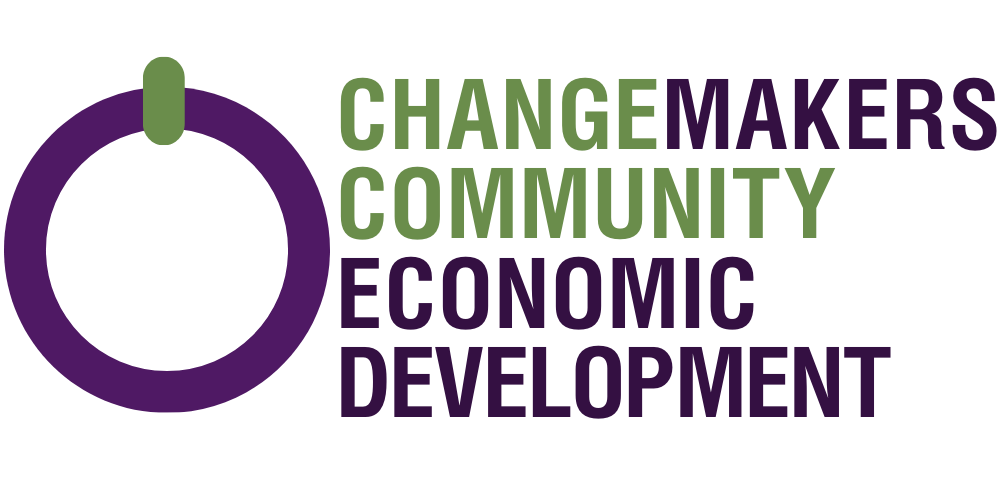Embracing Setbacks
Embracing Setbacks Together:
Stronger Partnerships for Stronger ʻOhana
Cross-sector collaborations (CSCs) are one of the most promising tools communities have to address complex, systemic problems—whether in public safety, education, housing, or infrastructure. But as many of us know from experience, working across government, nonprofit, and private sectors is no small feat. These partnerships can be powerful and inspiring—or they can unravel under pressure.
A recent study supported by the Bloomberg Harvard City Leadership Initiative sheds light on what makes or breaks a CSC, especially when things don’t go as planned. The research offers a reminder: it’s not whether you hit setbacks—that’s inevitable. It’s how you respond that shapes your success.
Let’s take a look at two community-driven efforts from the Stanford Social Innovation Review (SSIR) piece about the Bloomberg Harvard City Leadership Initiative study.
TWO COLLABORATIONS, TWO OUTCOMES
One collaboration in the study brought together business leaders, nonprofits, and public officials to push a ballot initiative to fund infrastructure through a tax increase. When voters rejected the proposal, the group didn’t walk away. Instead, they regrouped. They asked their community tough questions, listened deeply, and changed course. Two years later, their revised initiative passed with broad support.
Meanwhile, a different partnership—focused on improving STEM outcomes for underserved youth—wasn’t as resilient. Early momentum gave way to internal disagreements and a lack of shared vision. When friction arose, trust broke down, and the effort eventually dissolved.
WHAT MAKES A CROSS-SECTOR COLLABORATION SUCCEED?
The researchers found that the most successful collaborations engaged in something called mutual learning—a process of problem-solving together, building trust, and adapting. On the flip side, less successful collaborations fell into mutual blaming—assigning fault, withdrawing, and losing momentum.
The difference came down to five essential actions:
1. Build on Prior Relationships
Trust doesn’t appear out of thin air. When collaborators know each other—or have worked together before—it’s easier to align, especially when the going gets tough.
2. Rely on Trusted Individuals
Sometimes, one respected leader can make all the difference. A familiar face, especially someone who understands multiple sectors, can serve as a stabilizing force.
3. Engage the Community
Community engagement isn’t just a checkbox—it’s a compass. Broad input helps build legitimacy and ensure solutions are grounded in lived experiences.
4. Use Data and Evidence
Shared data helps collaborators see the same picture. It fosters alignment, drives smart decision-making, and prevents finger-pointing when things go wrong.
5. Invest in Joint Problem-Solving
When collaborators take time to reflect together and troubleshoot challenges, they become more resilient. This also reinforces the idea that setbacks are learning opportunities, not failures.
TAKEAWAYS FOR LEADERS AND CHANGEMAKERS
If you’re working in or leading a cross-sector effort—whether in a small town or a major city—here are three insights to hold onto:
Plan for setbacks early. Talk with your partners about how you'll handle disagreements or unexpected outcomes. Build the emotional and operational infrastructure for resilience.
Focus on behaviors, not structures. There’s no “perfect” governance model. What matters most is your collaboration’s willingness to adapt when needed.
Treat collaboration as a learning journey. Setbacks are not the end of the road—they're part of the path. What you do next determines whether your partnership will grow stronger or fall apart.
WHY THIS MATTERS FOR HAWAIʻI
In Hawaiʻi, where we often work in close-knit communities and value relationship-based leadership, these findings are deeply resonant. Whether you’re bringing together partners for a food sovereignty project, an education initiative, or a climate resilience effort—how we respond to challenges will define our long-term impact.
Let’s stay committed to learning together, building trust, and holding space for each other—even when the process gets messy. Our lāhui depends on it.
Mahalo nui for walking this path with open hearts and strong hands.
Let’s grow stronger together — every setback, and every victory.




